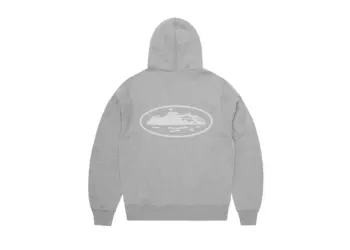Installing a garden fence can greatly enhance the look and function of your outdoor space. However, before you begin, it’s important to consider several key factors to ensure a successful installation. In this guide, we’ll outline the important information to consider before installing garden fencing.
Purpose: What is the main purpose of your garden fence? Are you looking to keep animals out, provide privacy, or simply enhance the look of your yard? Understanding your goals will help you make informed decisions about the size, height, and style of your fence.
Local regulations: Before installing a garden fence, be sure to check your local zoning and building codes to ensure that your fence meets all regulations and requirements.
Property lines: Determine the exact location of your property lines before installing your fence to avoid any disputes with your neighbors.
Material: Choose a fence material that is sturdy and durable to withstand the elements and deter animals. Popular materials include wood, vinyl, metal, and composite.
Height: Consider the height of your garden fence based on the type of animals you want to keep out. For smaller animals like rabbits, a fence that is 2-3 feet tall should be sufficient. For larger animals like deer, a fence that is 6-8 feet tall may be necessary.
Style: Consider the style of your garden fence and how it will fit in with the overall look of your yard. Choose a design that complements your home’s architecture and the existing landscaping.
Maintenance: Think about the level of maintenance required for your garden fence and whether you’re prepared to perform regular cleaning, painting, or staining.
Cost: Consider your budget when choosing the ideal garden fence for your yard. Fences made of wood and composite are often more affordable than metal or vinyl, but may require more maintenance over time.
Professional installation: Decide whether you want to tackle the garden fence project on your own or if you prefer to hire a professional. Keep in mind that a professional installation will likely cost more, but will ensure that your fence is built to last and meets all local regulations.
Frequently Asked Questions
What is the best material for a garden fence
The best material for a garden fence depends on your specific needs and budget. Wood is a popular and affordable option, while metal and vinyl are more durable but may be more expensive.
How tall should a garden fence be
The height of your garden fence will depend on the type of animals you want to keep out. For smaller animals like rabbits, a fence that is 2-3 feet tall should be sufficient. For larger animals like deer, a fence that is 6-8 feet tall may be necessary.
Do I need a permit to install a garden fence?
It depends on your local regulations. In some areas, a permit may be required for fences over a certain height or for certain types of materials. Be sure to check your local zoning and building codes before installing your fence.
Conclusion
Installing a garden fence can greatly enhance the look and function of your outdoor space. However, it’s important to take the time to consider several key factors before beginning your project. From determining the height and style of your fence to selecting a material that meets your needs and budget, careful planning and attention to detail will help ensure a successful installation. With the right preparation, you can enjoy a beautiful and functional garden fence for years to come.





